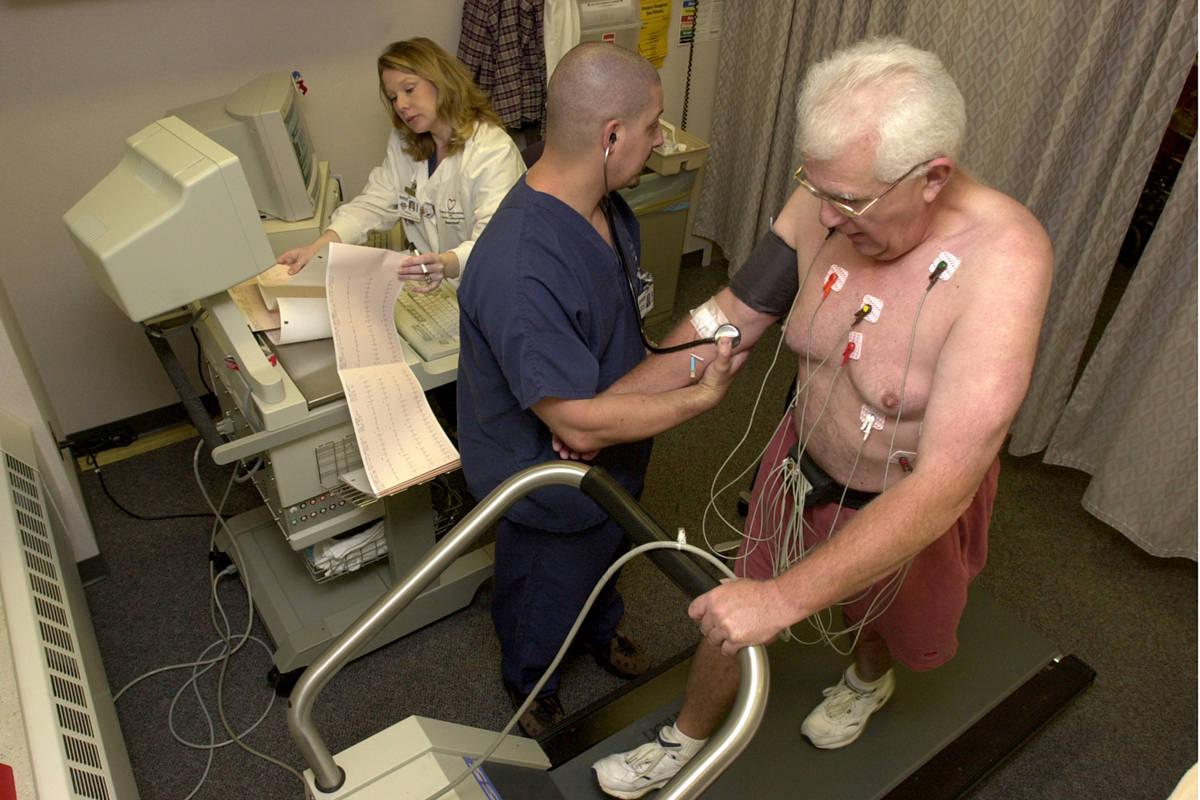
Pictures taken during this test may discover the exact size of your heart’s chambers and eventual problems with the pumping of the blood to other parts and organs in the body. If there is some dead or damaged cell in your heart muscle, it can be seen on the images provided by nuclear stress test. Patients suffering from coronary artery disease may also be recommended to undergo this test. Their doctors will need to have information about blockage in the arteries and nuclear stress test can provide these.
What Can You Expect of Nuclear Test?
There are two steps of this nuclear stress test. At the beginning, the doctors will attach some metal electrodes to the chest and the back and you will have to run on the treadmill. During your exercise, the doctor will record electrocardiogram of your heart. Once you have finished that, you will receive an injection and gamma ray camera will take several pictures of your heart. This injection contains traces of radioactivity. This will not harm your body or your heart, but it will enable doctors to see your heart after exercise and while resting.
Potential Adverse Effects
Nuclear stress test taken in order to see what causes your chest pains or the condition of arteries in your heart may have certain side effects. People react differently to this test and while some experience problems during this test others don’t have any difficulties at all. Patients have been complaining about headaches, nausea, dizziness, bitter taste, some chest pains or even of erratic heart rate after nuclear stress test.
Some patients may experience mild or even serious headaches after this test and this adverse effect is quite common. Many patients claim to suffer from headaches after injection of radioactive material to their blood. Although doctors agree that the amount of radioactive material in injection is not harmful, patients have reported headaches that lasted several hours after the procedure. Besides headaches, certain number of people experienced nausea and/or dizziness.
Immediately after the test, patients have reported discomfort and pain in the chest. Metal taste in the mouth is another possible side effect of nuclear stress test reported in small number of patients. Increased heart rate and breathing problems may also be associated with this test.
- medlineplus.gov/ency/article/007201.htm
- www.cdc.gov/nceh/radiation/nuclear_medicine.htm
- Photo courtesy of National Heart Lung and Blood Insitute (NIH) by Wikimedia Commons: commons.wikimedia.org/wiki/File:Stress_test_NIH.jpg






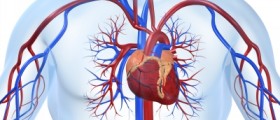
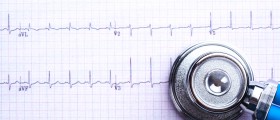





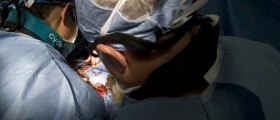
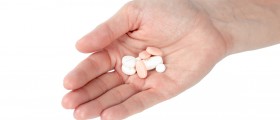
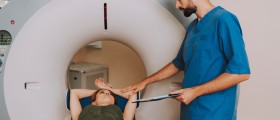

Your thoughts on this
Loading...